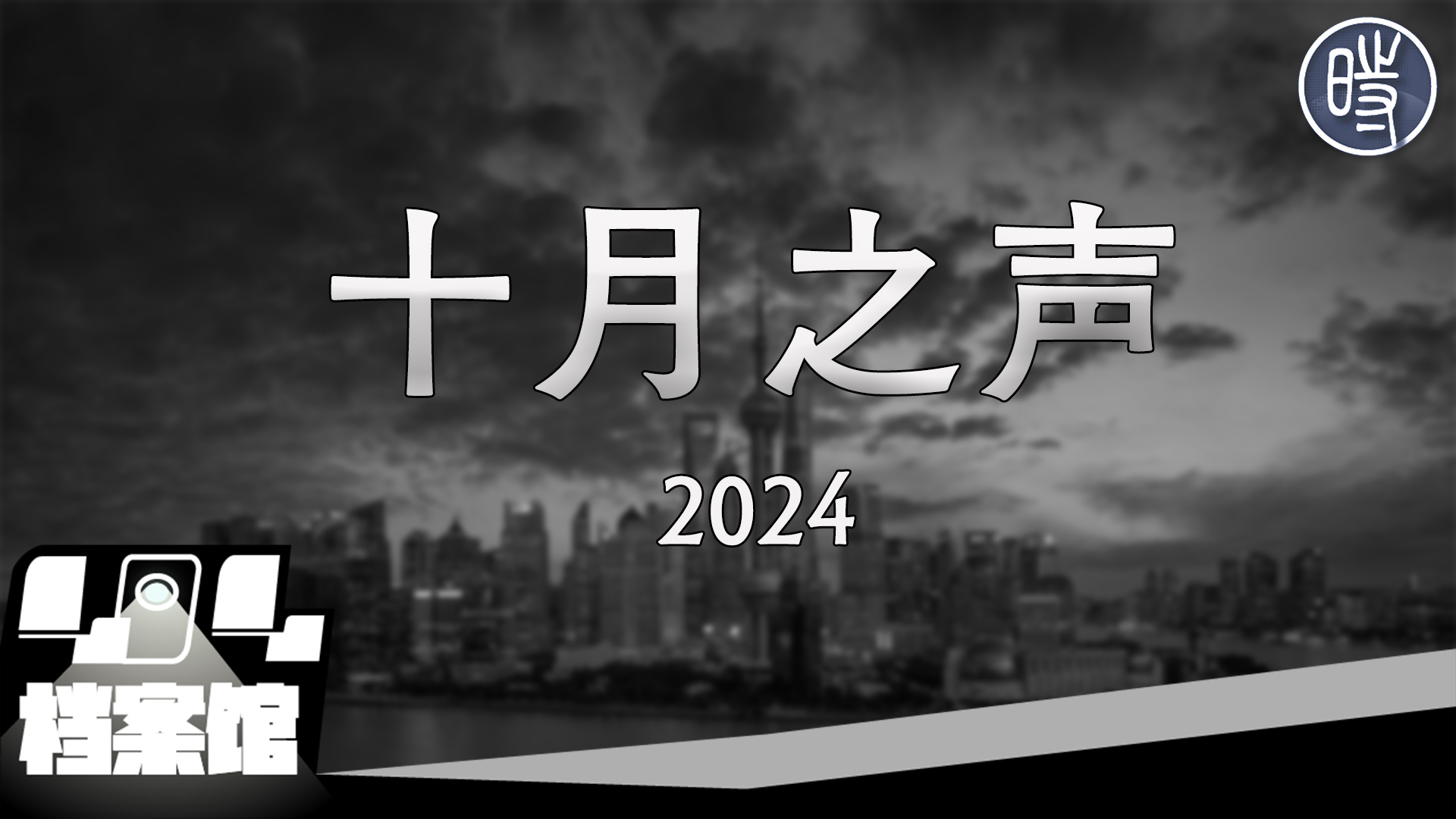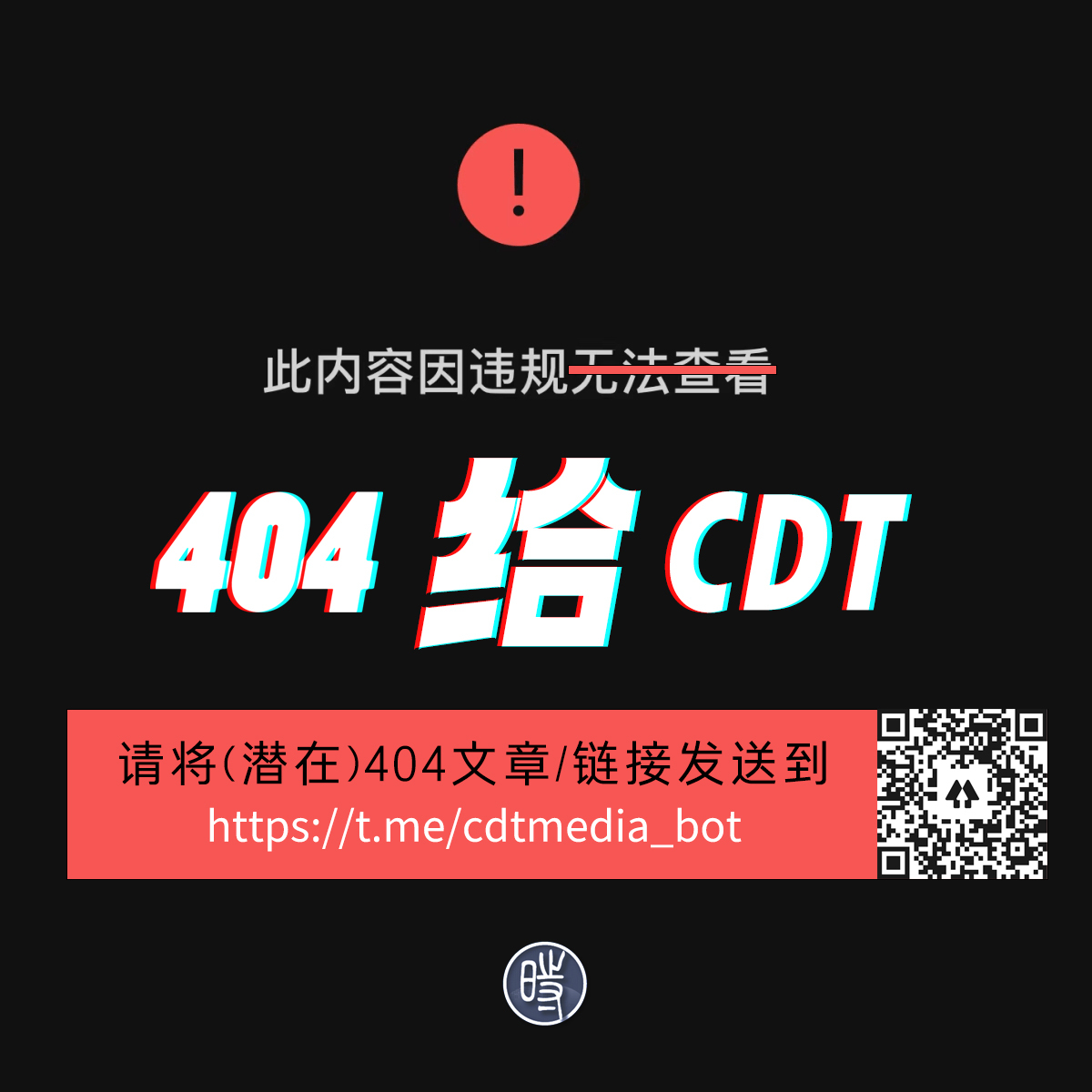奈特《science,philosophy,and social procedure》摘录
热8已有 27 次阅读 6小时前
睁眼时,听到的还全是梦话。
看看中国目前的状况,你就会了解政治过程的复杂性。于是想起Knight,翻看曾经的读书笔记,《science, philosophy, and social procedure》,句句话,似乎都已为今天的中国准备许久了。
True activity lies only in thinking, in deciding, in solving a problem as to how to act in the overt sense.
Activity is problem-solving, which is the primary ultimate or indefinable reality of thinking in general; the term “activity”, “problem-solving”, and “freedom” refer to the same fact in different aspects or connections.
The heart of the matter is that the solution of a problem cannot be predicted in advance of the activity of solving it, and when the solution is found it is no longer a problem.
The mutuality of instrumental interests inherently involves a simultaneous effort of each to control and use the other, which generate conflict.
Conflict of some sort, or opposition of interests between individuals, is always at the root of any group problem.
One of the serious defects of social philosophy is its relative neglect of play and romantic or nonserious interests and activities in general. Play is important in several aspects. It is anti-utilitarian and even tends to be positively destructive.
Play involves rules of the game, which are felt to have the imperative quality of morality and truth and form a bridge to serious law. Moreover, play exhibits in relation to its rules or laws the ubiquitous harmony and conflict of interests.
The notion of law and its enforcement –and improvement-will be found to be the locus of virtually all social problems.
The truth interest itself, when it is not instrumental and when it is more than the romantic appeal of novelty, is in fact largely competitive and involved with domination—the didactic urge and the disposition to force agreement. It is a primary axiom that belief under coercion is not belief, is indeed a contradiction in terms. Mere truth is both unimportant an uninteresting, a bore. Yet truth is recognized only through agreement, and there must be an interest in agreement, a general aversion to having each individual simply hold his own opinion and letting it go at that. And the obligation to believe the truth, because it is true, as against any and all other reasons for believing, seems to be the foundation of all obligation, of integrity and of all serious thought or communication.(岳按:虽然奈特笔下的“自由对话”仍是以“利益冲突”为前提,其参与者已经偏离了沿中国传统心性之学求解人生问题的路径,但因为“求得真相”——这一共享的目标,而使政治过程成为可能。“有意见而无对话”,这样的政治困境是无解的,喘息于权贵阶层“控制欲”下的民间声音只能诉求于偏激的方式来表达某种关于“重要性的感受”,而颐指气使者,却往往缺乏常识,粉饰幻象。)
Law becomes a problem, and there come to be social problems, only when men are not merely conscious of their laws and institutions and of the imperative to conform but are also critical and more or less defiant of them, and specifically in so far as there come to be conflicts of interests and differences of opinion with regard to the law.
To the extent that such twofold disharmonies exist and are not resolved by intellectual-moral activity, group life is either impossible or it is coercive(always including persuasion),which is to say that it is not social in the sense that social problems are faced and dealt with by social action.
Society would be impossible if the urge to self-expression, to attracting attention and leadership, were not counterbalanced by its opposite.
Political society is distinguished from other associations by the fact that the individual has relatively little freedom to belong or not to belong.
In addition, culture differences and explicit politicolegal action set limits to the freedom of the individual to transfer allegiance.
Thus the laws of any state are practically coercive on its individual members, and their freedom is limited to conduct not regulated by law and to participation in activity directed to changing the law (and to law-breaking).
In so far as any society is autocratic, its formal membership consists only of the members of the ruling group. But others are really members to the extent that they may actually participate in the formation of public opinion which even an autocratic government has to respect in legal action.
In large measure the problem of understanding and describing social procedure arises out of the fact that the legal forms governing participation do not correspond with the realities. Equal voting power does not mean equal influence, and individuals who are not “voting” members may have more influence than many who are.
Social action, paralleling individual action, is the process of reaching a group decision, specifically for the most part as to law, as to presumptively permanent changes in the existing law. Pure social action is discussion, the joint intellectual quest for the solution of value problems.
Actual law, as formulated in words, necessarily runs chiefly in terms of general objectives or ideals, the “overt” action for their realization being left to the judgment of the appropriate agent.
Thus social action in the concrete is largely the effort to select officials who will be competent, and trustworthy, agents of the group.
Political discussion properly so called, in its impersonal intellectual aspect, centers in the problem of what the law “ought to be”—-how existing law ought to be changed, if at all—-what law is right, or most right, or best.
Discussion can arise only through difference of opinion, backed up by conflicting individual interests in the various opinions, but accompanied also by a common interest in establishing the truth. Political discussion generally originates on the side of conflicts of interests rather than difference of opinion; but discussion is possible only on the question of right—which is to say opinion as to the truth about what is right. No discussion is possible in propositions beginning with the words “I want”, just as discussion is different from mechanical process.
It must be a co-operative quest for truth—-about facts or about values, including truth itself.
Both intellectual and political discussions are developmental. They look to cumulative growth and improvement, the one in a corpus of established knowledge, the other in a corpus of law.
The important principle is the negative one that the main difference between forms of government lies in the degree to which they obstruct or control or facilitate the informal and intellectually mysterious processes, or procedures, by which public opinion is formed. The danger of autocracy, to totalitarianism or dictatorship, is not so much that it will directly control the overt conduct of the people but rather that it may suppress or distort these informal and unorganized activities of free intercourse and corrupt their results. (岳按:或许,更悲观的是,民族的群体心智,尤其是可以成为所谓“精英”的群体心智,正在被一个巨大的利益漩涡所吸引,还未来得及对根本问题有独立之反思,就已经开始觊觎体制空隙中渗透出的油脂,并美其名曰,“适应社会”。)The existence of free society——meaning a legal social order in which the ordinary individual is recognized as an end rather than treated as a means and in which issues affecting all are settled by discussion open to all——depends chiefly on the ultimate moral and intellectual capacity of the mass of individuals themselves to reach by free discussion substantial unanimity on the scope and the general content of their constitution and laws. It depends relatively little, in a direct and positive way, on political forms.
It is of the essence of any problem that its solution is not known or predictable in advance of the activity by which it is reached.
The inveterate human tendency is to turn serious intercourse into a contest, a debate, or mere verbal clamor and combat instead of a co-operative quest of solutions. The truth interest in men is feeble in comparison with various romantic propensities.
The analysis of economic theory shows conclusively that “fairness” in this connection must for the most part be defined in the traditional liberal manner, as the exchange of equal values, determined by free competition in markets. But in the second place, the results of even perfectly free and fair competition may be ethically good or bad in any degree, depending upon the individuals between which such competition takes place—-specifically their economic attributes, their wants and their endowment with productive capacity. All these attributes are obviously created and constantly re-created by the working of institutional processes, under the impact of individual and society activity. Even under perfect competition the natural long-run tendency of the individualistic economic process, operating under individual motives and negative social controls, is in many respects evil. To some extent it undoubtedly tends to the corruption of men’s wants in the large sense. But the more important fact is that it tends to the cumulative growth of inequality in economic power. The exchange of equal values between excessively unequal individuals may result in fundamental injustice in the distributive sense, in contrast with commutative justice, which alone is recognized in laisser-faire individualism. And it may reduce effective freedom to the vanishing-point.
With reference to the relation between science and philosophy, the supremely important matter is the danger that social problems will be viewed exclusively or primarily in scientific terms, and effort be directed to solving them by “the scientific method.” A scientific approach to the study of society, from the standpoint of action, proceeds on the assumption that the problem is one of finding the given properties of the “material” with a view to its manipulation and use for the purposes of the knower as manipulator. Apart from the question as to how far these purposes are likely to be wise and benevolent, this is the antithesis of the concept of democracy, or political freedom. And individual liberty must be the first principle of rational political ethics. It is a necessary requirement for complete human status to be a free judge of one’s own interests and life-purposes and a free agent, possessing the necessary power, in promoting or realizing them. And it is an implication of any public discussion of social problems that they are “of right” to be solved by discussion, by all the parties concerned. In the social field the natural function of knowledge and thinking ,in the scientific meaning ,is either to give every individual power over every other, which is a prescription for the war of all against all, or to give the government, meaning some individual or group ,power over the mass of the population. The social problem, as a problem for society as well as of society, is one of rational consensus, as to desirable change, not of control in the correct meaning of manipulation.
本文由自动聚合程序取自网络,内容和观点不代表数字时代立场










